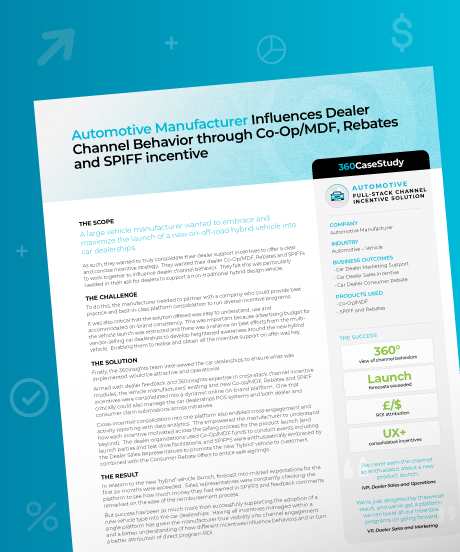Data Analytics involves examining, structuring, and interpreting raw data to uncover meaningful insights that support decision-making. It relies on various methods, tools, and models to identify patterns, trends, and connections within the data.
This process typically includes:
- Collecting and cleansing data from various sources
- Analyzing data using statistical or computational methods
- Visualizing results through charts, reports, or dashboards
Practical Application:
Businesses utilize data analytics to make informed choices, such as improving operational efficiency, enhancing customer experiences, forecasting trends, and developing new products or services. For instance, distributors can analyze purchasing behavior to optimize inventory and personalize marketing campaigns.
Why is data analytics important?
Data analytics is crucial because it empowers organizations to base their strategies on data-driven evidence rather than guesswork. This leads to more accurate decisions, improved performance, and competitive advantages. Additionally, it enables companies to identify opportunities and risks, ultimately driving growth and innovation.
Data Driven Decisions for Effective Future Planning

Case Study
Automotive: Cross-incentive consolidation empowers program success
A large vehicle manufacturer were looking to consolidate their dealer Co-Op/MDF, Rebates and SPIFFs incentives and work together to influence dealer channel behavior.
By accumulating incentives into one branded platform, enabled the manufacturer to have clearer visibility of claim submissions, engagement and activity reporting, through the analytics.
Learn how 360insights helps this manufacturer understand how measuring the data provides a better attribution of direct program ROI.
